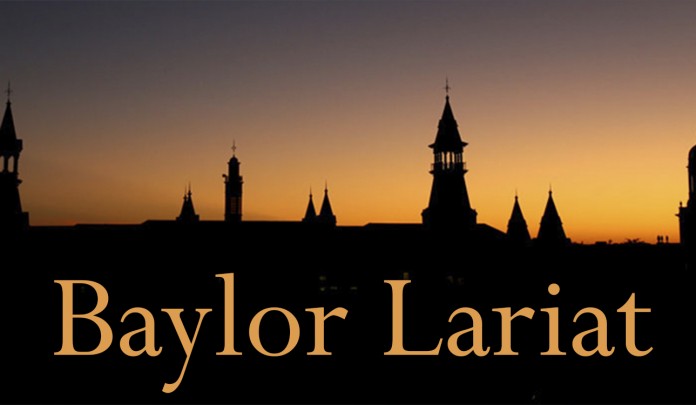By Julie Tate, Reporter
Baylor faculty members spoke about racial sensitivity and how Americans should be more aware of stereotypes, especially when choosing what costume to wear on Halloween, during a This Matters BU discussion yesterday.
This Matters BU is a series of discussions on society’s most challenging questions and continued with the topic of “My Culture is Not a Costume” in the Bill Daniel Student Center.
Students should want to represent other cultures well instead of dressing in a stereotypical manner, according to the panelists.
When we stereotype, we are stereotyping an individual or a group of people as either not being competent or being cold, or foreign, said Dr. Victor Hinojosa, Baylor Associate Professor of Political Science.
Hinojosa is a social scientist who has researched society and the relation of individuals among society. He believes stereotyping occurs when we exaggerate the foreignness of a culture or the supposed incompetence of a group of people.
“If you want to dress [for Halloween] as a representative of a foreign culture, then do it out of admiration for that group of people,” Hinojosa said.
Macarena Hernandez, Baylor Lecturer and Fred Hartman Distinguished Professor of Journalism, said to students how she feels the media has misrepresented minority cultures and given us an incorrect picture as to what people of certain backgrounds may look like and how they might live.
Consumers of media need to be more aware of what they are watching and listening to because this can have a negative impact on how they view certain people, according to Hernandez.
“What you put in your brain really affects your heart and what you say, as well as how you dress on Halloween,” Hernandez said.
Conroe freshman Lauren Waters said she thought the discussion was interesting and helped her become more aware of racial slurs, as well as slurs against women.
“There are a lot of things portrayed that you don’t necessarily think about, and I think [being aware] is an important thing,” Waters said.
Waters agrees that people from minority backgrounds should be open to discussing what their culture really is about so that people can better understand their heritage and be more racially sensitive.
Willow Park freshman Alissa Sanchez said the discussion helped bring to her attention just how offensive certain Halloween costumes can be if portrayed in a bad light, even if this is not intentional.
Sanchez is now more aware that dressing as a lower-class worker for Halloween can be an offensive gesture if it is coming from a negative perspective or stereotype.
“I agree with what the panelists said and think people need to work toward being more racially sensitive, especially when thinking about what costume to wear,” Houston junior Sarah Livesay said.






